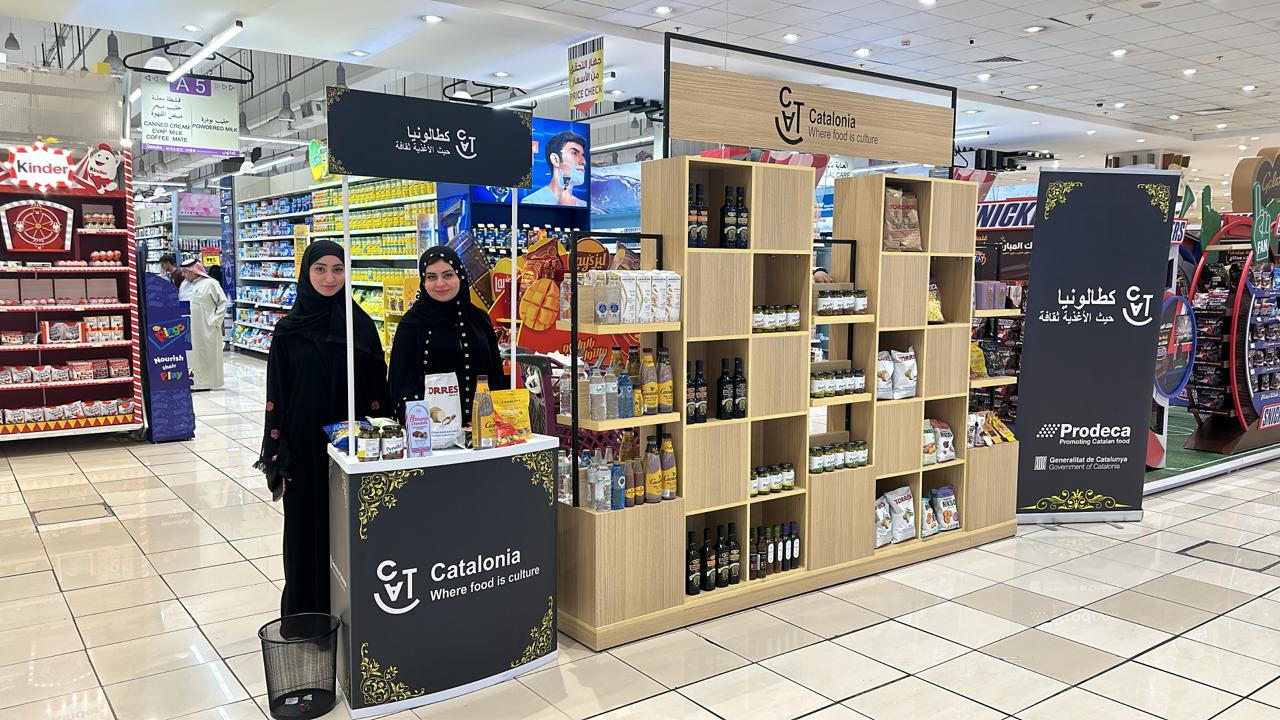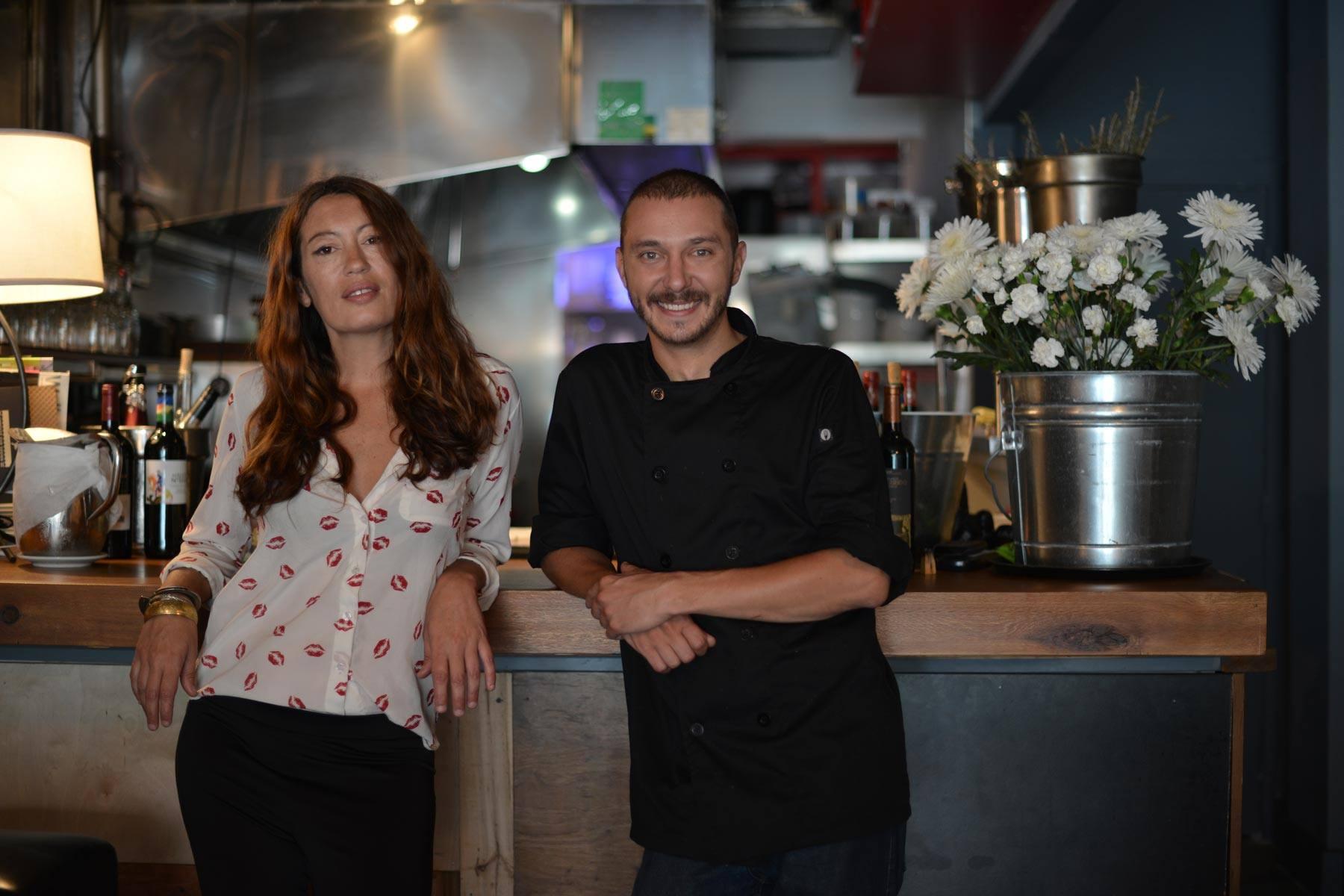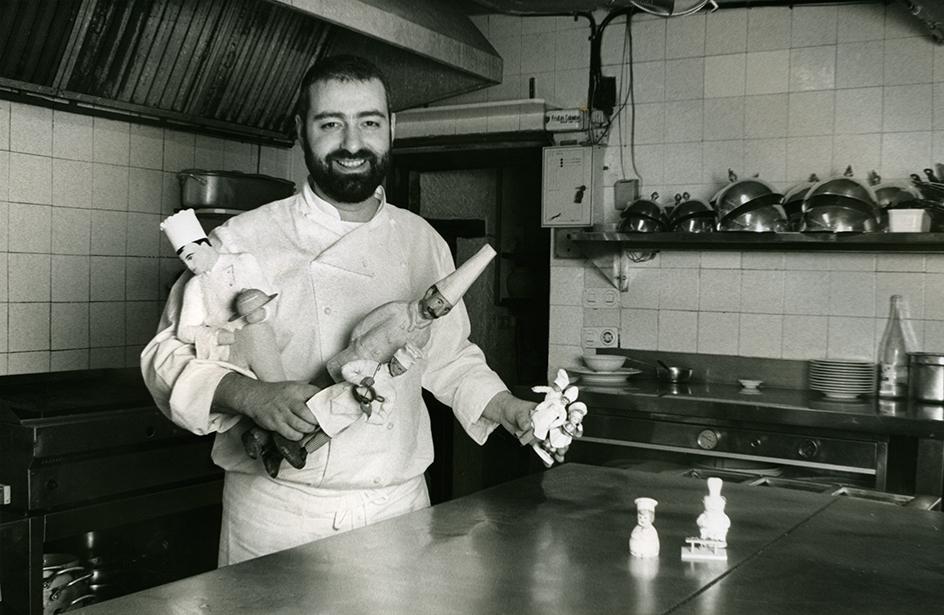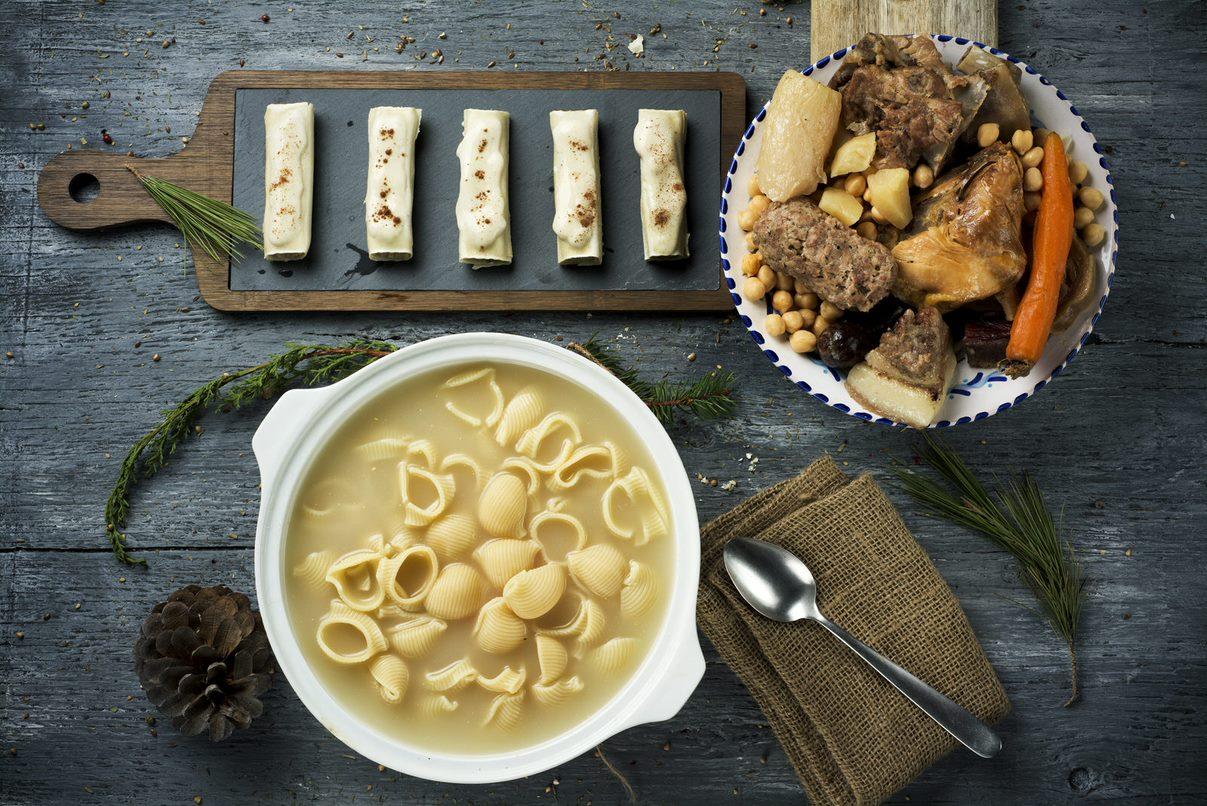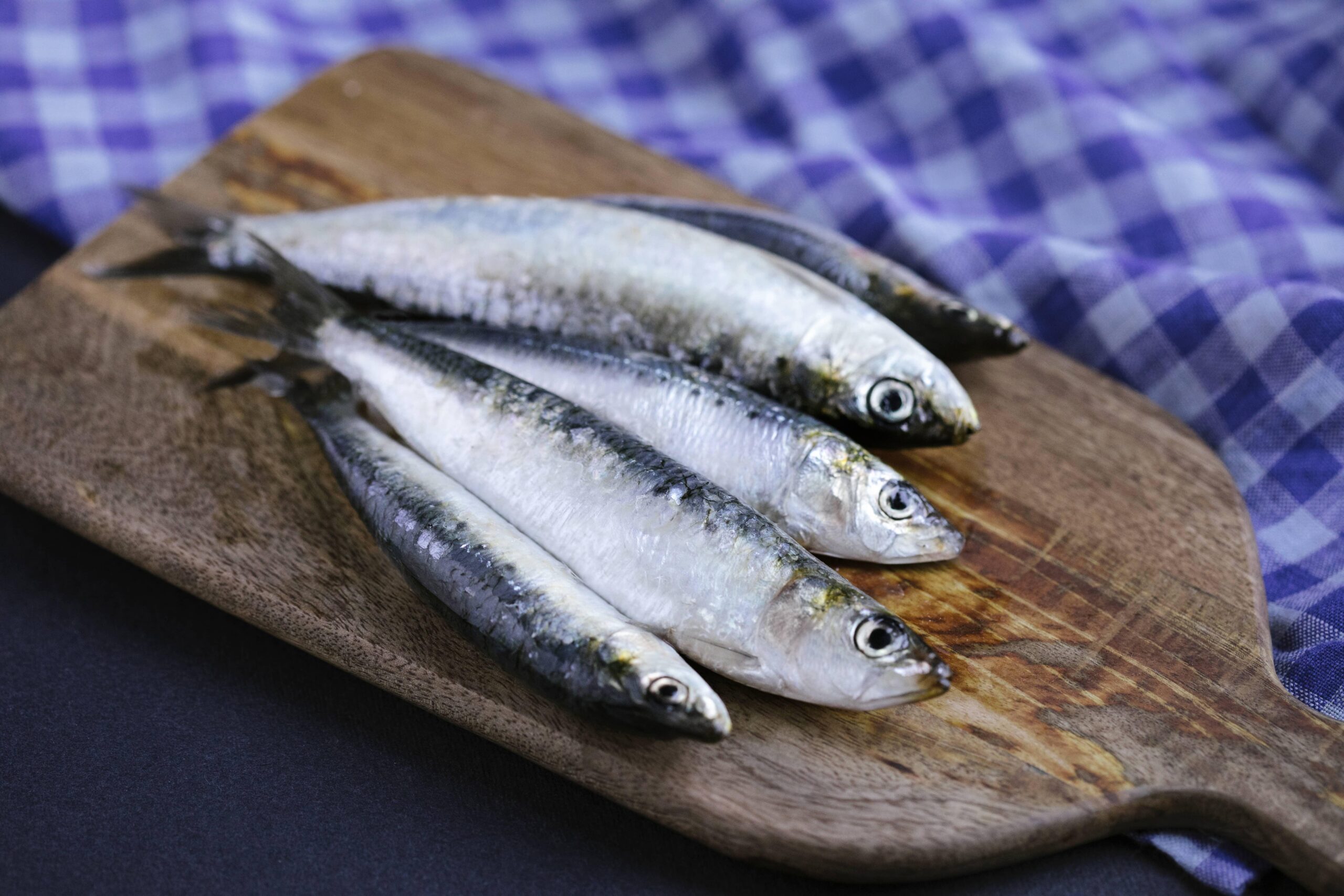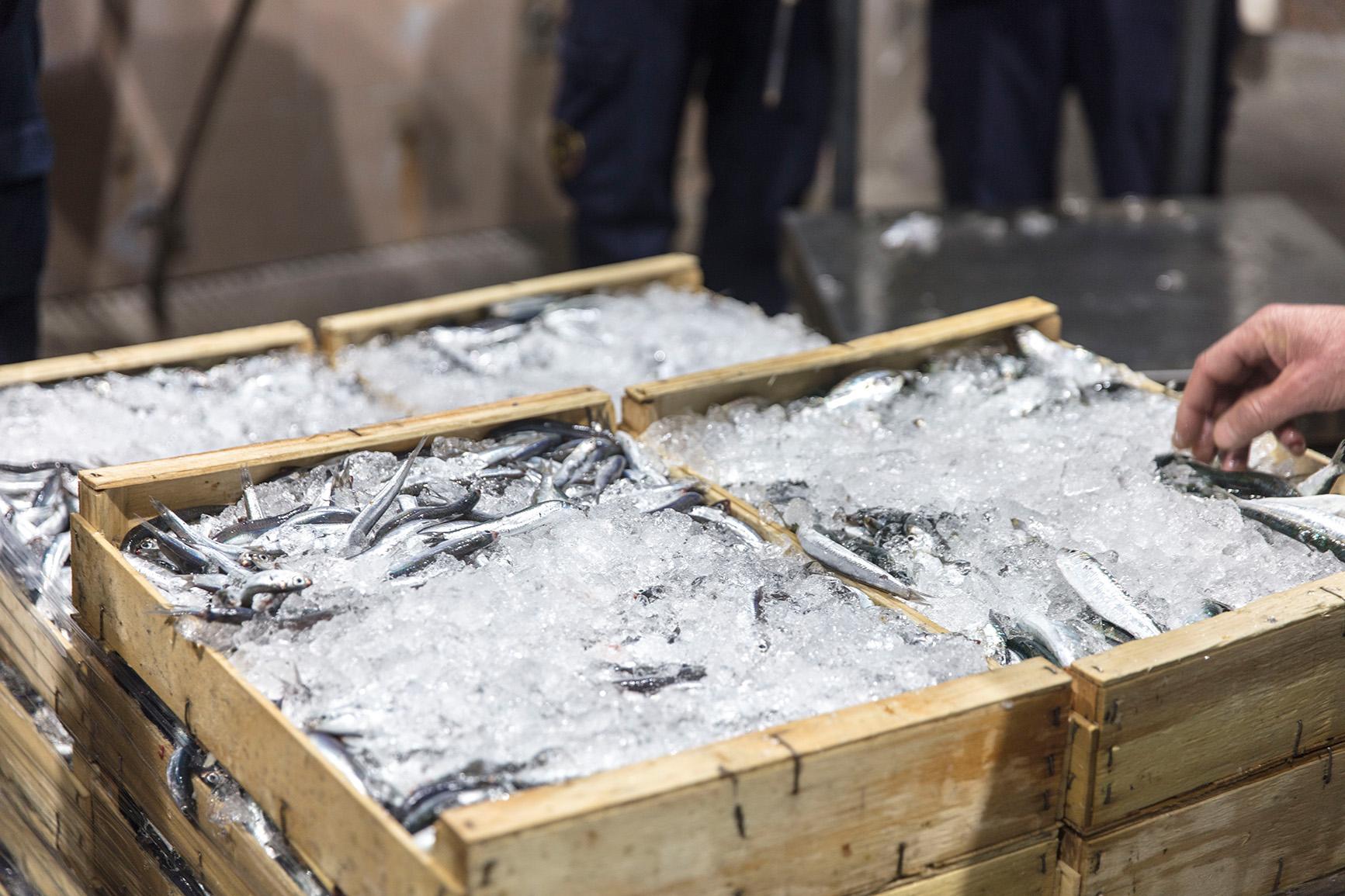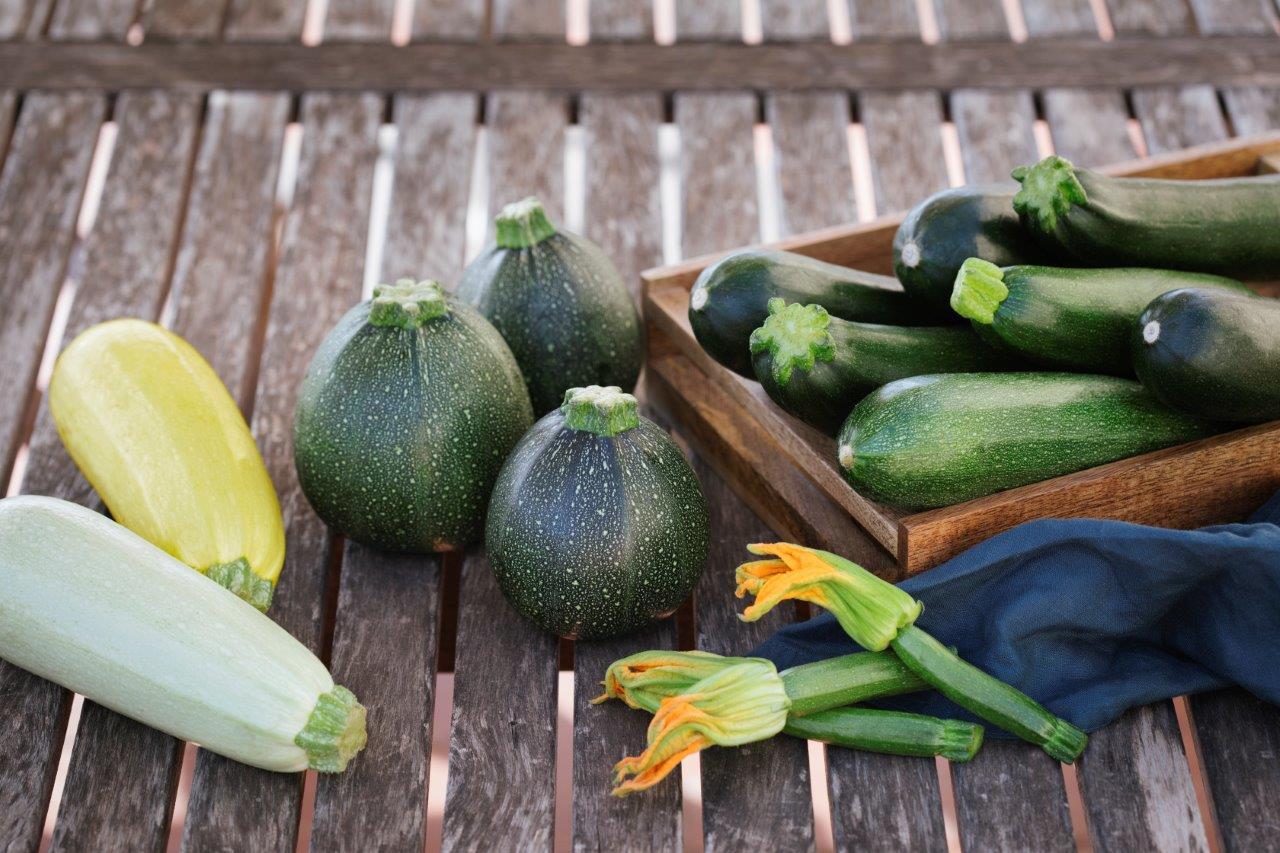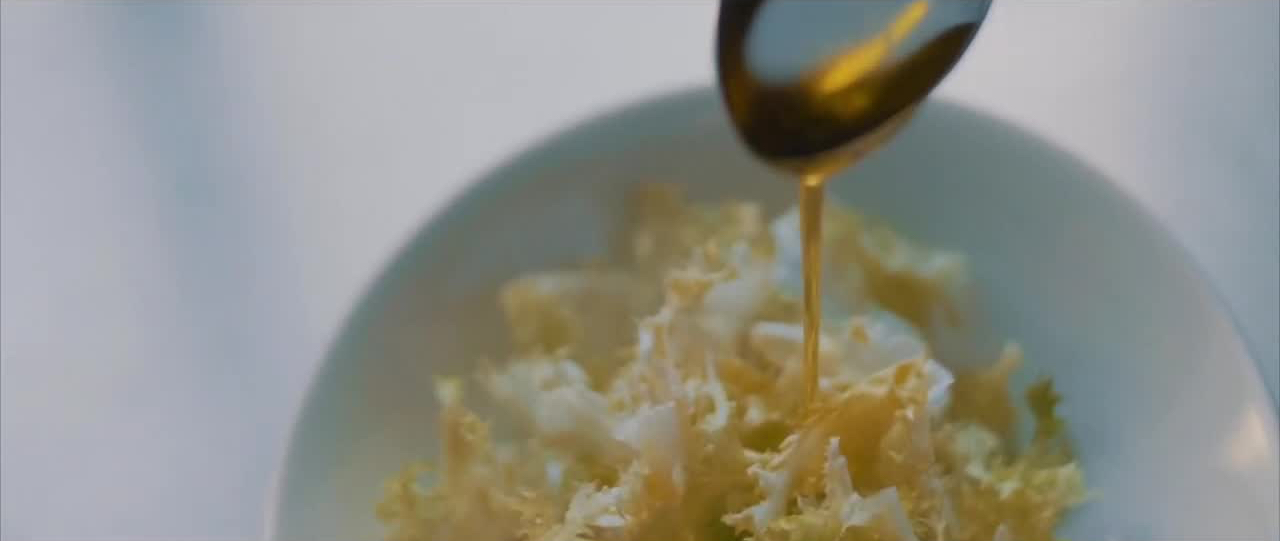Honey in Catalonia – coupling tradition and avant-garde
Honey has been highly valued for its taste and health benefits for centuries. Catalonia has a deeply-rooted tradition in apiculture, and the sector is still going strong today. There are around 90 Catalan beekeeping companies, which export some 2,200,000 kilos of honey worth €11.37 Mn, accounting for 11.62% of the total in Spain. Catalan manufacturers have successfully adapted their products to consumers’ current needs by promoting classics and innovating in new varieties.
- November 7, 2023
- Food
- Honey
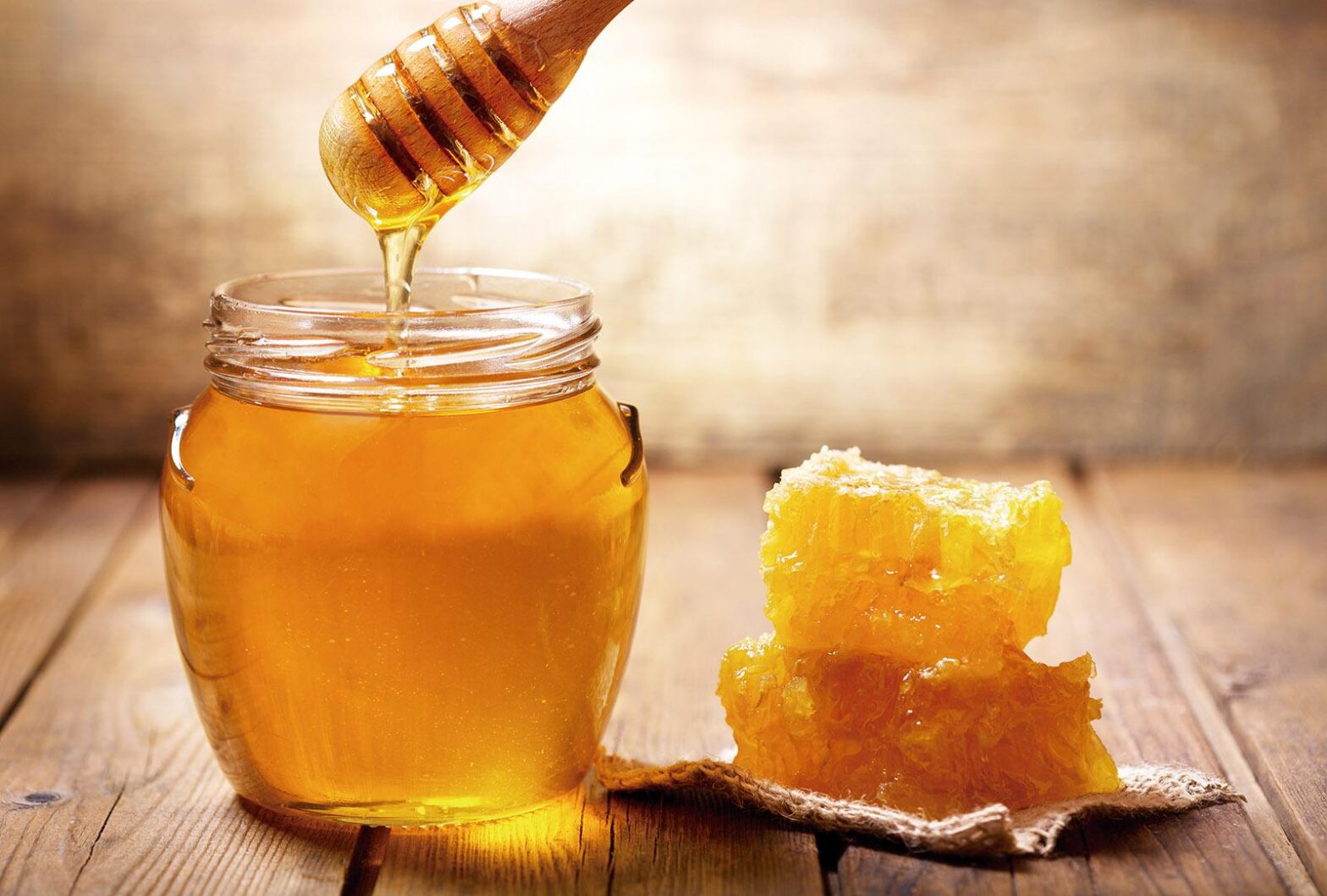
Wide range
The highly diverse climate and environment give Catalonia a wealth of flora, resulting in a wide variety of excellent honey that is not found in other regions. The more traditional rosemary, thyme and eucalyptus honeys are found alongside other more innovative varieties increasingly in demand, such as honey with saffron, mint or chestnut. To complete the offer are a whole array with specific health benefits, such as honey with propolis, pollen or royal jelly.
Beekeepers who harvest honey in Catalonia can apply for the Q food quality label, which is an official certification that the Regional Ministry of Agriculture, Livestock, Fisheries and Food of Catalonia issues as a guarantee that the product is made using traditional beekeeping methods with native flora from the area. Catalonia also has a body that certifies organic honey – the Catalan Council of Organic Agricultural Production (CCPAE), which periodically inspects farms to monitor and assess their compliance with organic production regulations.
Prodeca helps Catalan beekeeping companies to participate in leading international trade fairs such as ISM, the world’s largest sweets and snacks show that is held annually in Cologne, and Foodex Japan, the most important event in Japan in the food and drinks sector.
Natural sweetener
Since ancient times, honey has been regarded as one of the most beneficial products for the body. It is a true antidote to alleviate the effects of health issues like dermatitis and respiratory or intestinal disorders, with properties that such early philosophers as Aristotle and Plato wrote about.
Although it has a high glucose and fructose content, it is also rich in vitamins, minerals, salts, antioxidants and amino acids. In addition, it is an excellent substitute for sugar and artificial sweeteners, making it an essential ingredient in a healthy diet. Nowadays, many honey eaters want more and more natural products, which is leading to more sustainable production of organic honey.











